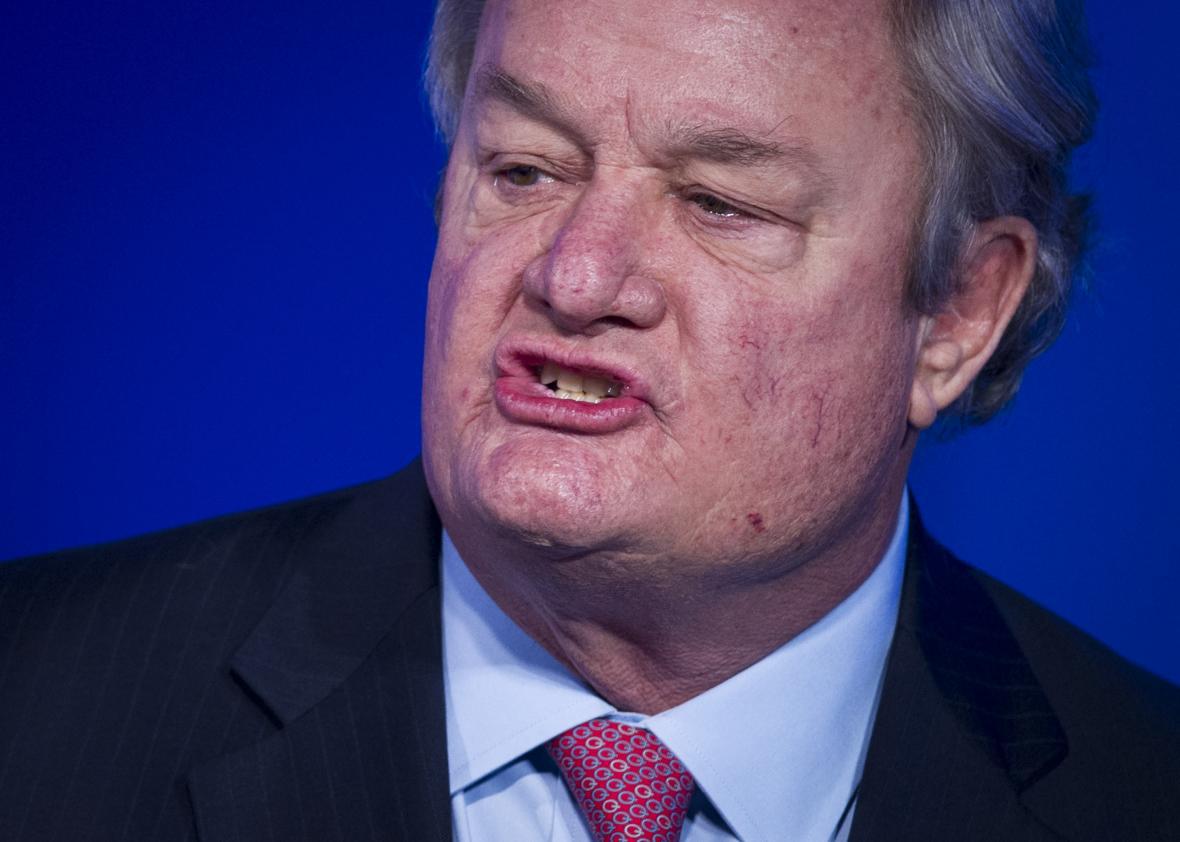On Monday, United States District Judge Daniel Hovland blocked North Dakota’s strict 2013 voter ID law from taking effect, holding that the measure violates the Equal Protection Clause of the 14th Amendment by placing “substantial and disproportionate burdens” on Native American voters. Hovland’s decision marks the seventh judicial victory for voting rights in just over two weeks, a sudden winning streak for a longtime lost cause. The ruling further demonstrates that judges—and federal courts in particular—will no longer accept conservative legislatures’ transparently mendacious justifications for restricting minorities’ voting rights.
In his careful, detailed ruling, Hovland explains that North Dakota’s Republican-dominated state Legislature has, in recent years, enacted several measures that effectively reduce voting rights. Previously, a voter with no ID could sign an affidavit under penalty of perjury affirming her identity, but then that provision was repealed, and now only a few state-issued IDs are considered valid. (College IDs, even from state colleges, as well as most military IDs, have been declared invalid.) But “obtaining any one of the approved forms of ID” now necessary to vote, Hovland writes, “almost always involves a fee or charge, and in nearly all cases requires travel. It also helps to have a computer with Internet access, a credit card, a car, the ability to take time off work, and familiarity with the government and its bureaucracy.” But “the typical Native American voter living in North Dakota,” he writes, “simply does not have these assets.”
Even if Native American voters could jump through these hoops, the state might still deny them an ID, because in North Dakota, “you need an ID to get an ID.” The state may give you a birth certificate—but to get a birth certificate, you must present “proof of identity.” To get “proof of identity,” you will need two other forms of identity, such as a social security card. The entire scheme is a Catch-22, and it ensnares a disproportionate number of Native Americans, who are especially unlikely to have the documents necessary to obtain a valid voter ID.
Why is any of this necessary? As Hovland explains, it isn’t: “There is,” he writes, “a total lack of any evidence to show voter fraud has ever been a problem in North Dakota. … The undisputed evidence before the Court reveals that voter fraud in North Dakota has been virtually non-existent.” Indeed, as late as 2006, the secretary of state acknowledged that “he was unaware of any voter fraud in North Dakota.” In light of this fact, Hovland rules, “the Court cannot envision a compelling reason or a governmental interest which supports not providing such an avenue of relief for potentially disenfranchised voters.”
To remedy this Equal Protection violation, Hovland orders North Dakota to reinstate a “fail-safe” provision, allowing voters with no ID to sign an affidavit affirming their voting eligibility. (Currently, North Dakota is “apparently the only state without any ‘fail-safe’ provisions in its election laws.”) Hovland concludes:
The public interest in protecting the most cherished right to vote for thousands of Native Americans who currently lack a qualifying ID and cannot obtain one, outweighs the purported interest and arguments of the State. It is critical the State of North Dakota provide Native Americans an equal and meaningful opportunity to vote in the 2016 election. No eligible voter, regardless of their station in life, should be denied the opportunity to vote.
The current secretary of state has indicated that he will not appeal Hovland’s ruling. That means that, at least for the 2016 election, Native American North Dakotans will not be disenfranchised under the flimsy pretext of a phantom threat.
